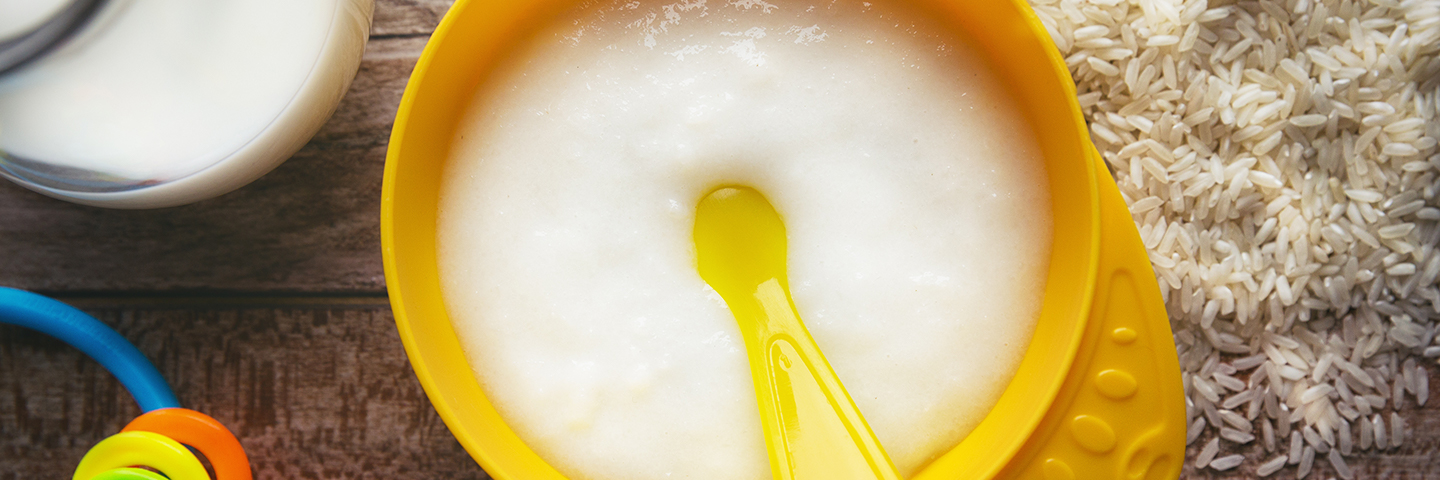In January 2016, the EU imposed a maximum limit of inorganic arsenic on manufacturers in a bid to mitigate associated health risks and to reduce children’s exposure to the harmful toxin.
Tests on 26 products for Channel 4’s Food Unwrapped programme aired Monday 22 October 2018 revealed that almost a quarter broke European Union rules with seven types of baby rice foods sold in UK supermarkets contain dangerous levels of arsenic was shown by this new research.
Metals Analysis & Inorganic Arsenic
New lower price for Metals Analysis (4 metals) & Inorganic Arsenic
Other researchers* have found that little has changed since this law was passed and that 50 per cent of baby rice food products still contain an illegal level of inorganic arsenic (maximum residue limit is 0.10 for rice destined for the production of food for infants and young children). Rice and rice-based products are a popular choice for parents, widely used during weaning, and to feed young children, due to its availability, nutritional value and relatively low allergic potential. This recent study** has found that almost three-quarters of baby crackers, specifically marketed for children exceeded the maximum amount of arsenic.Rice has, typically, ten times more inorganic arsenic than other foods and chronic exposure can cause a range of health problems including developmental problems, heart disease, diabetes and nervous system damage. As babies are rapidly growing they are at a sensitive stage of development and are known to be more susceptible to the damaging effects of arsenic, which can inhibit their development and cause long-term health problems. Babies and young children under the age of five also eat around three times more food on a body weight basis than adults, which means that, relatively, they have three times greater exposures to inorganic arsenic from the same food item.
Our experts specialise in the detection and accurate measurement of trace elements and metals in a wide range of matrices including rice and rice based products. Fera has developed several sample digestion and advanced detection techniques such as Inductively Coupled Plasma-Mass Spectrometry (ICP-MS) and we can target a level of detection from 0.01 to 0.7 in an analytical run.
* Queen’s University Belfast
** Compared baby food products containing rice before and after the law was passed and discovered that higher levels of arsenic were in fact found in the products since the new regulations were implemented. Nearly 75 per cent of the rice-based products specifically marketed for infants and young children contained more than the standard level of arsenic stipulated by the EU law.




